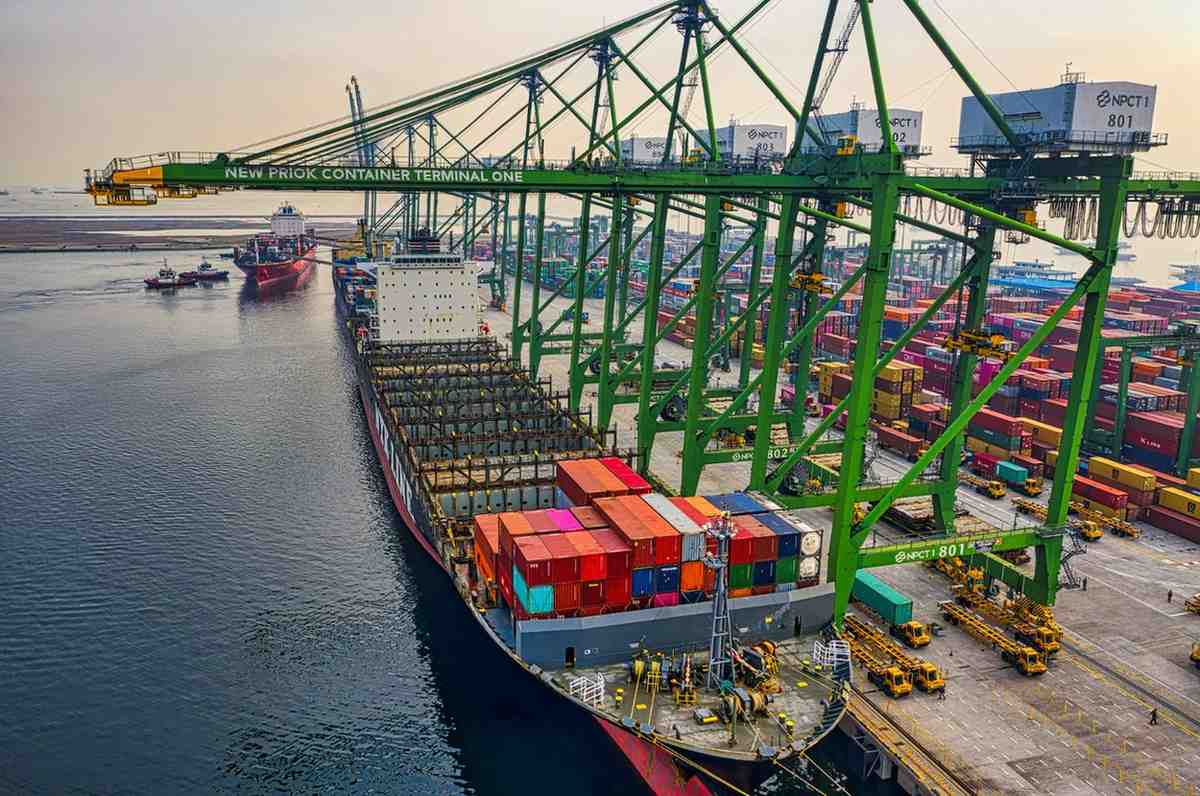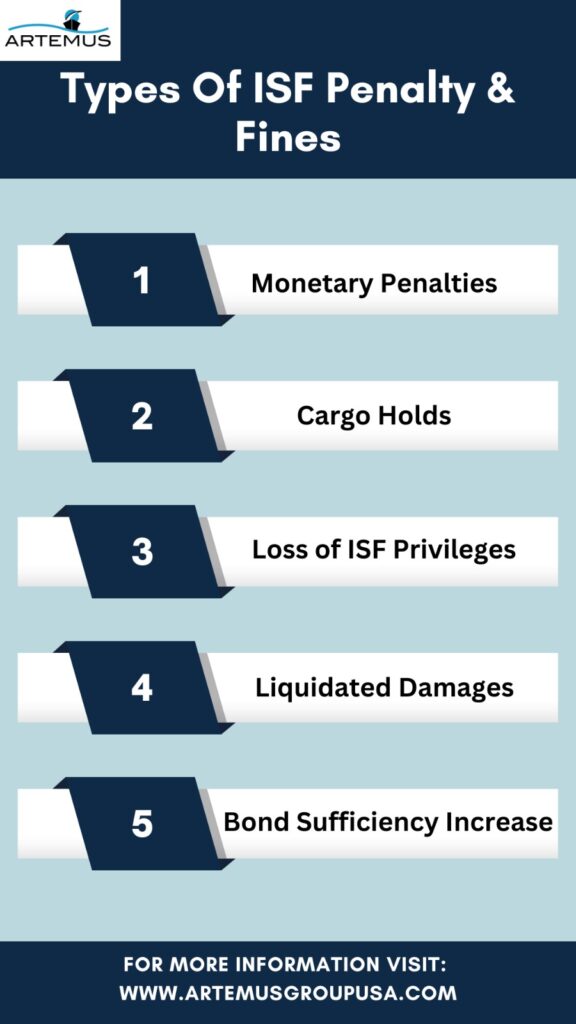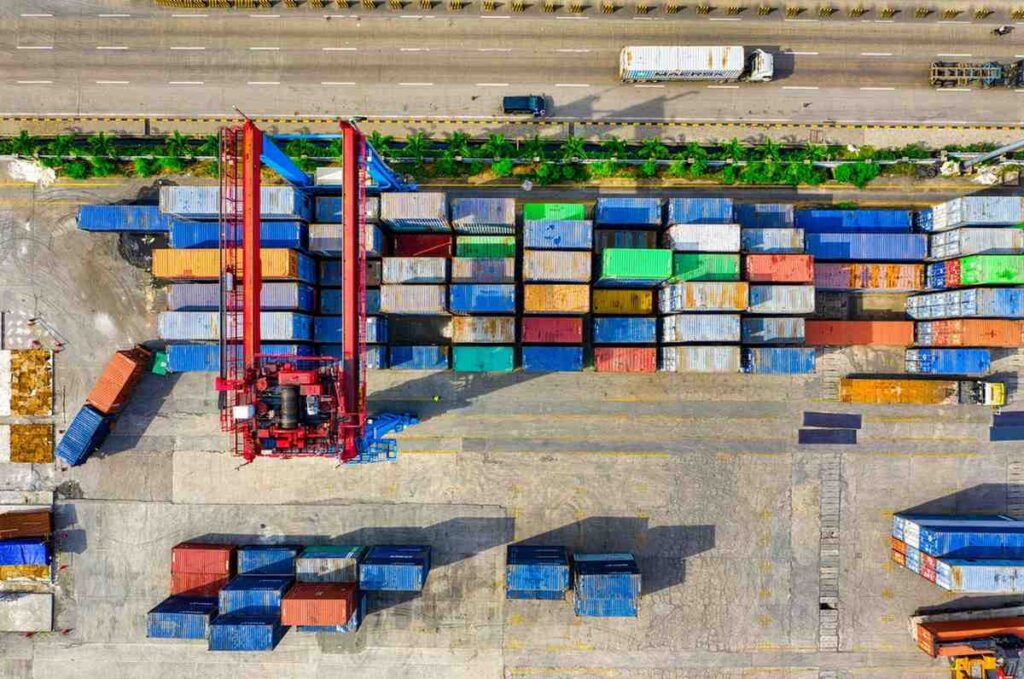
What Is Inbound Logistics & Outbound Logistics? A 2025 Guide
In the dynamic world of supply chain management, understanding the nuances of inbound and outbound logistics is crucial for operational

In the world of international trade, ensuring security and efficiency is paramount. To achieve this, customs authorities around the globe have implemented various regulations to safeguard supply chains and streamline the movement of goods. One such crucial requirement is the Importer Security Filing (ISF), an essential regulation enforced by the U.S. Customs and Border Protection (CBP).
In this blog, we will delve into the implications of ISF penalties, exploring common violations, types of fines, and their impact on importers, carriers, and customs brokers. Let’s unravel the significance of ISF penalties and the measures to ensure smooth customs clearance and a secure global trade environment.
Artemus provides comprehensive compliance support through its advanced ISF software solution, ensuring seamless and efficient customs filing and risk management.
Table Of Contents
The ISF Penalty, also known as the Importer Security Filing Penalty, is imposed by U.S. Customs and Border Protection (CBP) on importers who fail to comply with the Importer Security Filing requirements. ISF is a mandatory filing that requires importers to submit specific information about their shipments before they arrive in the United States. If an importer fails to submit or inaccurately submits this information, they may face an ISF Penalty, which can result in fines or other enforcement actions.
The penalty aims to ensure enhanced security measures and facilitate smooth customs clearance while holding importers accountable for adhering to these vital filing regulations. Compliance with the ISF requirements is crucial to avoid penalties and streamline the import process.
Related: What Does ISF Stand For In Shipping? The 10+2 Rule Explained
While the ISF program facilitates secure trade practices, failure to comply with its regulations can result in various penalties. Let’s explore some of the most common ISF penalty violations that importers should be aware of:
Related: ISF Filing Online: A Beginner’s Guide To Your Import Process
Understanding the types of penalties and fines is essential for importers to navigate the complexities of the ISF program successfully. Let’s explore the different types of ISF penalties and fines:

It is crucial for importers to understand and comply with the ISF requirements to avoid these penalties and ensure smooth and efficient customs clearance of their shipments into the United States.
Related: ISF Filing Deadline: Timeline, Consequences, & Exceptions
Non-compliance with the Importer Security Filing (ISF) requirements can have significant implications for all parties involved in the international supply chain, including importers, carriers, and customs brokers. Understanding these implications is crucial for fostering a secure and efficient trade environment. Here are the key implications for each stakeholder:
Related: ISF Fees (Import Security Filing): When & How To Pay?
To avoid the implications of ISF penalties, importers, carriers, and customs brokers must take essential precautions. Here are some key measures to safeguard your trade operations:
Artemus stands as the undisputed #1 software solution for Importer Security Filing (ISF) compliance. With its cutting-edge technology and user-friendly interface, Artemus simplifies the complexities of ISF filing for importers, carriers, and customs brokers alike. The platform ensures accurate and timely data submission, reducing the risk of penalties and cargo delays.
Artemus’ advanced security features safeguard sensitive information, while its real-time updates keep users informed of any changes in ISF requirements. Backed by a team of experts, Artemus offers unparalleled support, guiding users through the entire compliance process. Experience seamless ISF compliance with Artemus – the trusted choice for secure and efficient trade operations.
Related: ISF 5 Filing Requirements: Data Elements & Audit Process
If the Importer Security Filing (ISF) is filed late, it can result in penalties, cargo holds, and potential disruptions in the supply chain. Timeliness is crucial to ensure smooth customs clearance and avoid financial losses for importers and delays for carriers.
ISF charges for shipping refer to the fees associated with the filing and processing of the Importer Security Filing (ISF) documentation required by U.S. Customs and Border Protection (CBP) before cargo is loaded onto vessels bound for the United States. These charges cover the cost of compliance and administration related to ISF filings.
The ISF 24-Hour Rule is a requirement by U.S. Customs and Border Protection (CBP) that mandates importers to submit the necessary information for the Importer Security Filing (ISF) at least 24 hours before the cargo is loaded onto vessels destined for the United States. This rule enhances maritime security and streamlines customs processes for inbound shipments.

In conclusion, the Importer Security Filing (ISF) program is a critical component of modern trade practices, designed to enhance security and expedite customs clearance. However, non-compliance with ISF requirements can result in significant penalties and fines, impacting importers, carriers, and customs brokers alike. To navigate the complexities of the ISF program successfully, stakeholders must prioritize accurate and timely data submission.
By staying informed about the latest developments in ISF requirements, collaborating with experienced customs brokers or freight forwarders, and implementing robust compliance measures, importers can avoid costly penalties and cargo disruptions. Upholding ISF compliance ensures a secure and efficient global trade environment, fostering smoother customs processes and reinforcing the trust and reliability of international supply chains.
Related: Continuous Bond Vs Single Entry: 6 Key Differences To Know

In the dynamic world of supply chain management, understanding the nuances of inbound and outbound logistics is crucial for operational

In today’s interconnected world, businesses rely heavily on global trade to expand their markets, access new resources, and drive growth.

Importing goods for resale in the USA presents a lucrative business opportunity, but navigating the complexities of U.S. customs regulations,
Get In Touch
Artemus’ Software Solutions for ISF, AMS, Japan AFR, eManifest Canada, & Panama B2B filings.